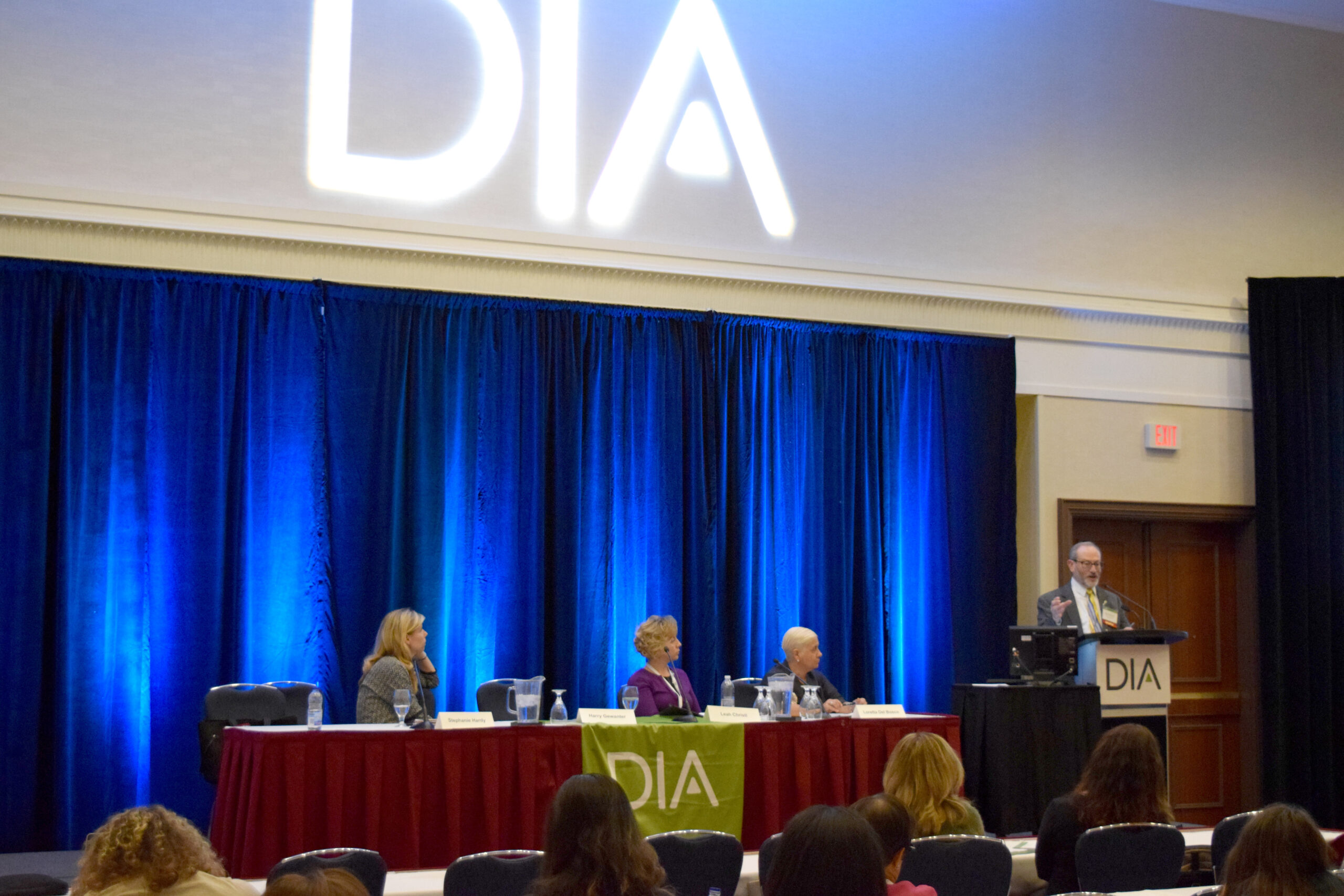For Immediate Release
~National survey reveals physician attitudes on key policy issues related to
originator biologics and biosimilars ~
Ottawa, Ontario (November 22, 2017) A new national survey conducted by the Alliance for Safe Biologic Medicines (ASBM) found that Canadian physicians overwhelmingly support distinguishable names for all biologics, including biosimilars. Survey results also found that Canadian physicians are open to substituting biosimilars for non-medical reasons, only when they are the ultimate decision maker for their patient, not a third-party.
The results of the survey were recently presented at the Drug Information Association (DIA) Annual Canadian meeting in Ottawa by ASBMs immediate past chairman, Harry Gewanter, M.D.
Distinguishable non-proprietary naming for all biologic medicines is important for the appropriate use of originator biologics and biosimilars, as well as pharmacovigilance, said Gewanter. Further, Canadian physicians believe it is critical that the physician-patient relationship remains central when deciding which treatments their patients will utilize.”
The 2017 ASBM Canadian physician survey is a follow-up to a previous survey conducted in 2014 and includes 403 physicians across 13 major therapeutic specialties all of whom prescribe biologics. ASBMs first Canadian survey was commissioned by ASBM in 2014 to provide empirical data to Health Canada, provincial policymakers, and other health regulators.
Survey results show that Canadian physicians knowledge of biosimilars has improved significantly over the last three years, with a nearly-threefold increase in respondents stating they were very familiar with biosimilars (10 per cent in 2014 increasing to 28 per cent in 2017).
On the clinical implications of public policy issues concerning originator biologics and biosimilars, survey results showed:
On the naming of originator biologics and biosimilars:[1]
- 68 per cent of physicians support Health Canada implementing distinguishable names, yet there was no consensus as to best method.
- 54 per cent believe a biosimilar which shares an INN with its reference product implies the two are structurally identical, which is not the case; and
- 63 per cent believe a biosimilar which shares an INN with its reference product implies the two were approved for the same indications, which may or may not be the case.
On pharmacy substitution of a biosimilar in place of a prescribed originator biologic:[2]
- 83 per cent considered it very important or critical that the prescribing physician decide the most suitable biologic for their patients;
- 79 per cent considered it very important or critical to have the authority to designate on a prescription for a biologic medicine Dispense as Written or Do Not Substitute;
- 78 per cent considered it very important or critical to be notified in the event a biosimilar is substituted at the pharmacy; and
- 82 per cent of physicians support switching studies before a third party may automatically substitute biosimilars.
The results of our survey provide important insight and evidence to regulators and policymakers on the perspectives of Canadian prescribers of biologic medicines,” said Michael Reilly, Executive Director of ASBM. For originator biologics and biosimilars to be used successfully, decision makers should rely on the input and opinions of those who prescribe them, working collaboratively to develop policies that minimize potential safety or efficacy issues.
For nearly seven years, ASBM has commissioned physician surveys to gather the perspectives of biologic prescribers worldwide. The full results of the 2017 Canadian survey, as well as ASBM’s other surveys, may be viewed at www.SafeBiologics.org/surveys.
About the Survey
The Alliance for Safe Biologic Medicines (ASBM) surveyed 403 Canadian prescribers of biologics with a 15-minute web survey. Respondents were selected from selected from 13 therapeutic specialties, including: Allergy/Immunology (3 per cent), Dermatology (21 per cent), Endocrinology (9 per cent), Gastroenterology (9 per cent) Hematology/Oncology (5 per cent), Infectious Diseases (1 per cent), Internal Medicine (19 per cent), Nephrology (3 per cent), Neurology (5 per cent), Oncology (9 per cent), Respiratory/Pulmonology (6 per cent), Rheumatology (10 per cent), and Urology (2 per cent). All prescribe biologic medicines in their practice.
About the Alliance for Safe Biologic Medicines
The Alliance for Safe Biologic Medicines (ASBM) is an organization composed of diverse healthcare groups and individuals from patients to physicians, innovative medical biotechnology companies, and others who are working together to ensure patient safety is at the forefront of the biosimilars policy discussion. Visit us at www.SafeBiologics.org.
For more information, please contact:
Sunil Suvarna
Hill+Knowlton Strategies
1-778-772-5133
[1] Alliance for Safe Biologic Medicines (ASBM). 2017 Canadian Prescriber Survey.
[2] Alliance for Safe Biologic Medicines (ASBM). 2017 Canadian Prescriber Survey.
